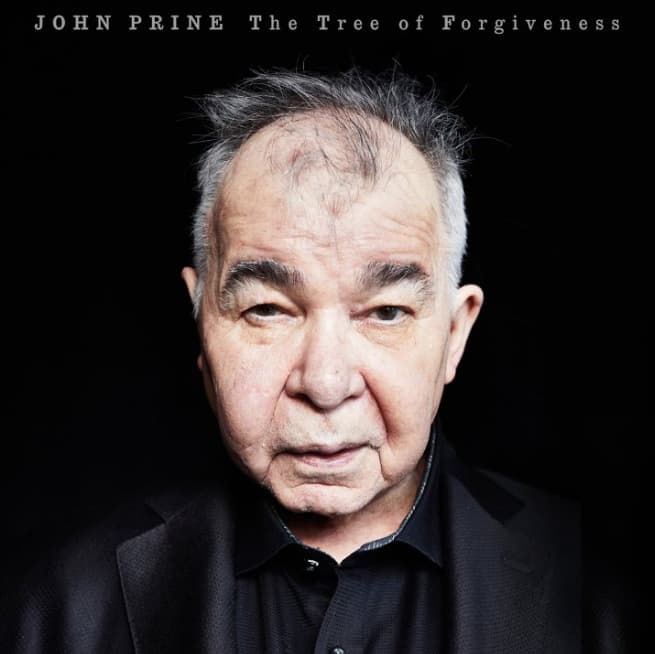
The Final Toast: A Wry, Joyful Look at Eternal Paradise
A whimsical, hopeful look at the afterlife where simple pleasures and old friends await.
Ah, John Prine. Just the mention of that name conjures up a familiar, comforting feeling, like pulling on an old, soft sweater. And when you think about his last masterpiece, “When I Get to Heaven,” from his final studio album, the aptly named The Tree of Forgiveness (released April 13, 2018), that feeling deepens into a profound sense of peace. This wasn’t just a song; it was the ultimate, knowing wink from a man who’d faced down death—twice—and had come back with a story to tell about what comes next.
The context of its release only sweetens the final notes. The Tree of Forgiveness debuted at No. 5 on the Billboard 200, marking John Prine’s highest-charting album ever. It was an astonishing achievement, a testament to the enduring love and respect the world held for this working-class poet. While the album itself was a commercial success, the individual track “When I Get to Heaven” was never a conventional single and didn’t rack up its own separate chart positions, yet it quickly became the spiritual centerpiece and a fan favorite. It’s the track that closes the album, serving as a joyous, slightly irreverent benediction.
The story behind the song is classic Prine: deceptively simple and entirely human. Having battled cancer in the late 1990s and again in the 2010s, he had more reason than most to contemplate the great beyond. He told a story about how the initial spark came from a simple desire: a cigarette. He mused that since smoking was essentially banned everywhere on earth, the only place left to light up a smoke would have to be Heaven. “They wouldn’t have cancer up there and probably they wouldn’t have ‘no smoking’ signs,” he reasoned.
From that small, earthly habit grew an expansive, rollicking vision of eternal paradise. It’s not some distant, sterile cloud experience, but a place filled with the best parts of life. Prine’s Heaven is a place where he can have a “huge martini” with “seven olives,” trade his “vague memory for a solid one,” and reunite with beloved friends and family, including his pal and fellow troubadour Steve Goodman.
The meaning of “When I Get to Heaven” is a beautiful reflection on his entire body of work. John Prine was always the champion of the ordinary, the small details, the overlooked souls. Here, he paints a Heaven where the simple, earthly joys are resurrected: smoking, drinking, eating a good meal, telling a tall tale, and hearing a familiar song. It’s a message that transcends specific doctrines—a pure, folk-music-style hope that the essence of you, the small habits, the connections, the humor, survives.
For those of us who have followed his career since his early days as a singing mailman in Maywood, Illinois, this song is deeply nostalgic. It reminds us that our late-night stories, our simple vices, and the faces of the people we’ve loved are what truly matter. Prine gave us permission to look at death with a little less fear and a lot more humor, reminding us that there’s a celestial party waiting, and it’s likely being run on “old-time rock and roll.” It’s the final stanza of a magnificent, full life, reminding us to appreciate the moments now because, in the end, it all comes back around.